The secret of happiness, you see, is not found in seeking more, but in developing the capacity to enjoy less.
~ Socrates
In the mid-70s, I moved to Maui, upcountry, onto a 9+ acre property, and into a less than 500-square-foot shack. It was of single-wall construction, meaning you could see through some of the planks, and if not controlled, the Kukui grass would make its way inside.
The living area was elevated above the kitchen. Tibetan rugs and pillows covered the floor. The only pieces of furniture were a low, small table and a 13-inch television with a cloth covering it. A freestanding fireplace created an around-the-campfire feel with the accompanying smoke (the stove pipe was too short to draw efficiently).
The loft, where we slept, was my favorite area. You could only stand up on one end, but a wall-to-wall, ceiling-to-floor window exposed the beauty of the pastures.
Living off the grid required us to prioritize our daily electrical needs. A windmill, a few solar panels, and an inefficient battery system were only sufficient to provide us with hot water for the day or limited use of an appliance.
To use the blender, juicer, sewing machine, or TV, it took planning. The options were to forgo a hot shower or pull up a car to the back door, hook the inverter cables to the car’s battery like you were to jump-start it, turn on the car, plug the appliance in, and voila, we had power. The other alternative was to run the loud, smelly gas generator, which was always my last choice.
The refrigerator, stove, and lights ran on propane, and although a stream ran through the gorge, we relied on the county for drinking water.
We grew some of our food. Barter and the local markets provided us with whatever we lacked.
My boyfriend and I raised geese. Although we were vegetarians, he ate the eggs, and I did not. The geese were mainly used for weed abatement and as watchdogs. They would alert us to any trespassers.
My horses lived on the back pasture with a steer named Spot, who thought he was a bull. Spot was there to eat the weeds the horses didn’t like and keep the Kukui grass and weeds low so the rats had less shelter.
The toilet was my least favorite accommodation. It was an outhouse in the middle of the circular driveway and initially did not have a door. The saving grace, if there could be one, was that it was an actual toilet that flushed and not just a hole in the ground. You needed to go outdoors and across the driveway when you wanted to use it. When it rained (which was frequently), it only complicated my dislike for the arrangement more.
Our driveway/dirt road was rutted and muddy throughout the year, so 4X4s were our only means of access. We had a gate at the top of the driveway, making me feel safe and secure.
Life was great.
When you have nothing to waste you waste nothing.
While there, I experienced a 40-year flood, hepatitis outbreaks twice that put the island in quarantine, and a devastating hurricane in which several of my friends lost their homes and one lost his life. Even though our house was the smallest, ours was the one everyone congregated in when an emergency hit. Since we already functioned without many ‘conveniences,’ the shortages barely affected us.
Those years of living with less laid a foundation for my life. Less was not a disadvantage. On the contrary, it has proven to provide much more.
Now living in California, in an area affected by fires or floods yearly, I’ve realized that my constitution is unflustered when natural disasters occur.
When one has lived with less, one becomes accustomed to being resourceful. We make the most of limited resources without complaint or waste, so the need for panic does not arise.
However, not everyone has lived with less; most have lived with an abundance that a first-world country affords, so having restrictions challenges many with the ability to cope.
As humans, we have the capacity for responsibility, which, in essence, is the ability to respond; how we respond results from our experiences, upbringing, emotional constitution, physical limitations, spiritual outlook, and choice.
How we react to life will determine how we fare. Negativity from within or from another will not propel us any closer to a solution. Panic, fear, and anxiety may arise. However, we can choose gratitude for what we have and trust that our needs will be provided for.
Like everything in life, The Let Go is a reminder to lighten up by letting go of the things that no longer serve us.
There is never a better time to adjust how we view our lives than now. We can embrace or resist it. I hope we find a clear vision of where our values have evolved and our needs have lessened.
Be safe, my friends, stay home, read, make love, laugh, and find joy. Maybe we will remember how much more came into our lives in times of less.
You have succeeded in life when all you really want is only what you really need.
~ Vernon Howard (20th century American spiritual teacher)

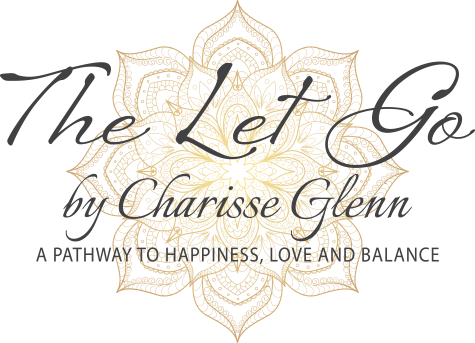
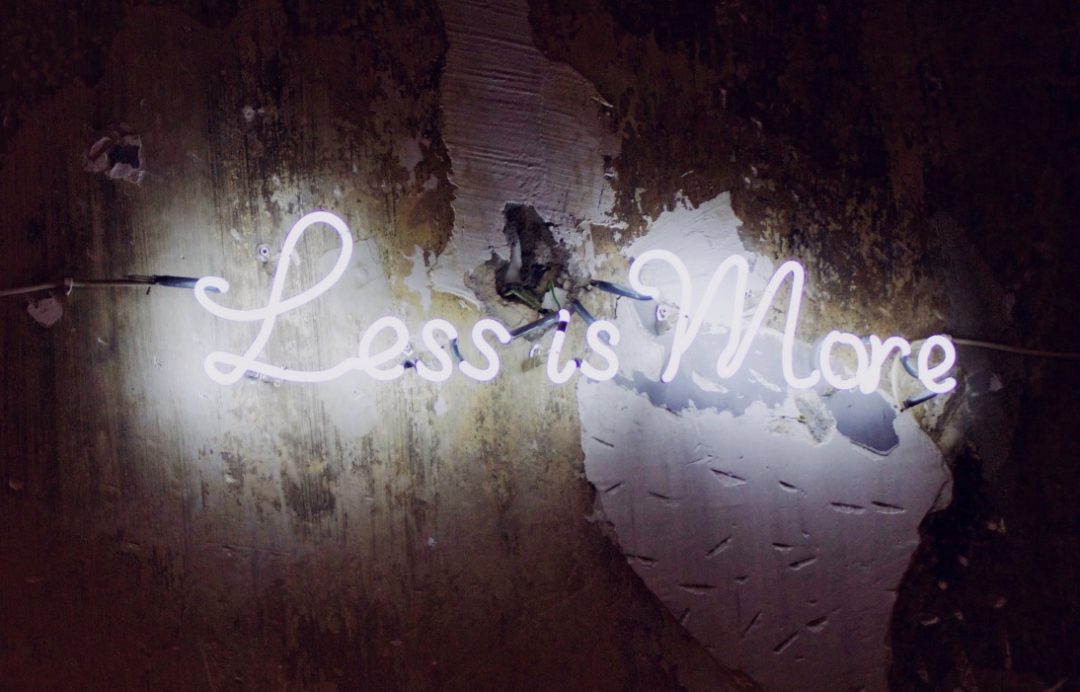
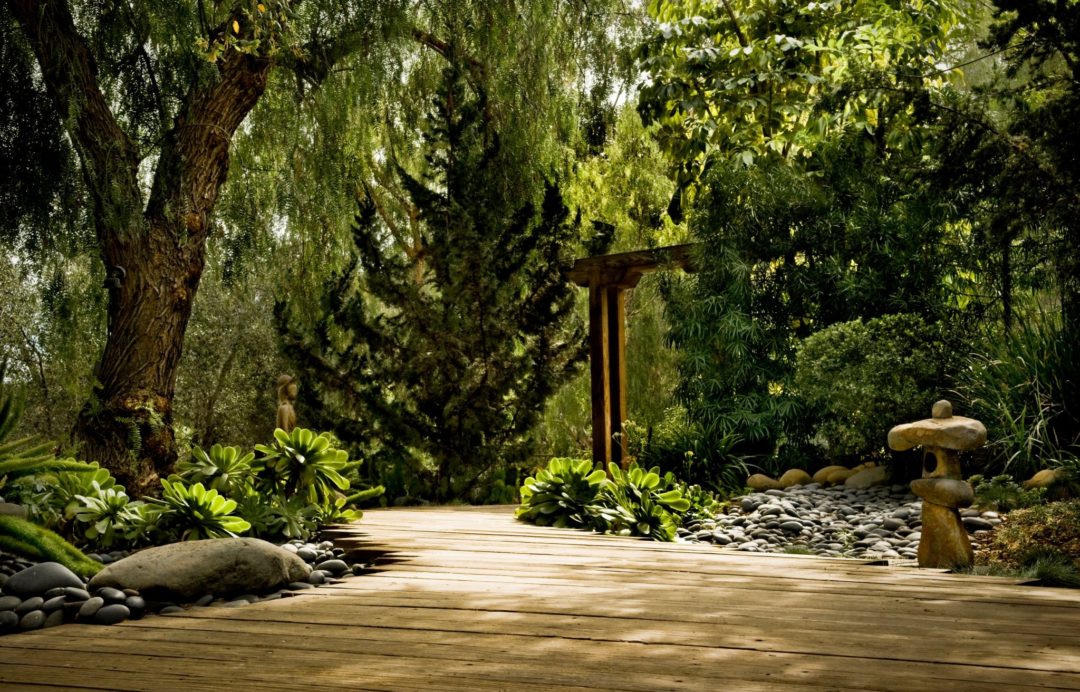
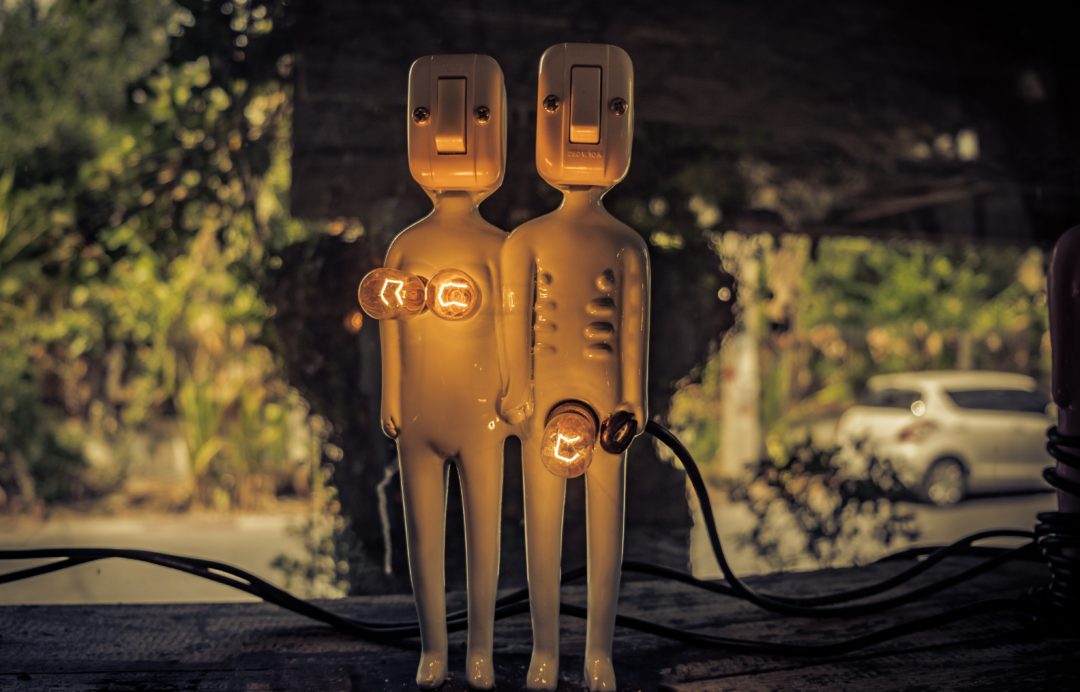
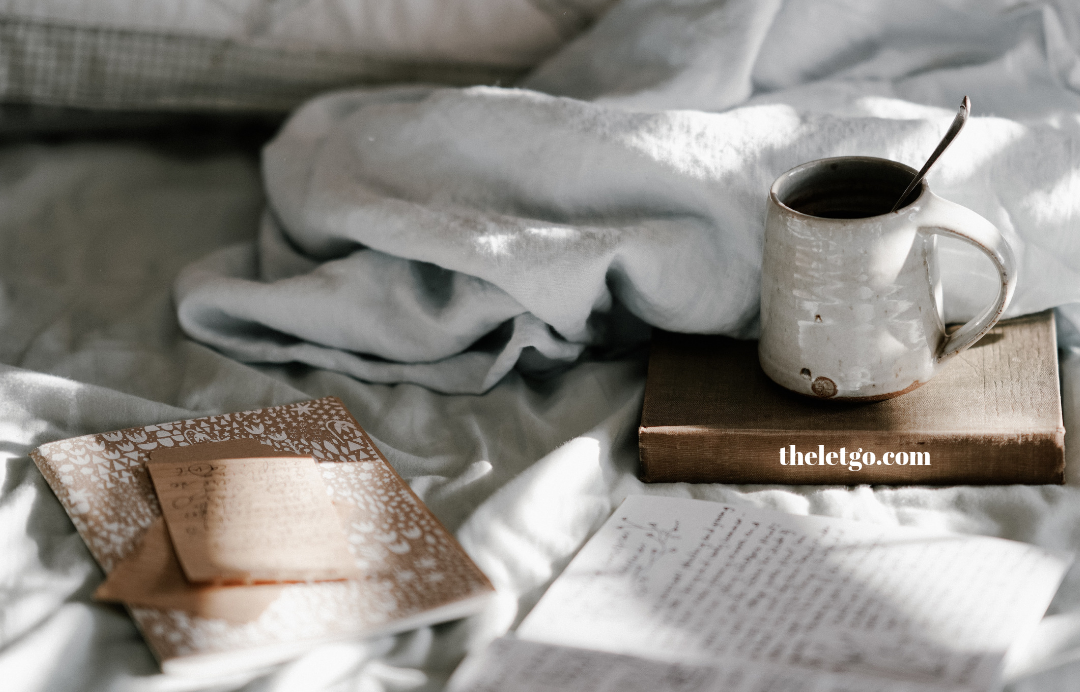
Teresa
Yes, this is everything. So grateful that times in which I had less have prepared me for this very moment in time. Thank you as always – you’re such a beacon of light! ✨😉✨
charisse
Thank you, Tereza. Glad your attitude allows you to see the gifts in front
of you!
Sandra
Growing up in a third world country taught me to be resilient in the face of hurricanes, water shortages, and power outages. My mother moved us to a mountain home off the grid for a month during the summer every year deep in the mountains, thankfully also with a flushing toilet. Your experiences resonate. Thank you for the trip down memory lane. Resourcefulness is a gift. As I grow older, I am learning that letting go of resistance is the beginning of the answer to every situation and condition in my life. Thank you for the gentle reminders. I look forward to reading your earlier posts. Take care.
charisse
What an enlightened mother you had to take you off the grid. , the resistance keeps us attached to what was by doesn’t allow what will be to be.